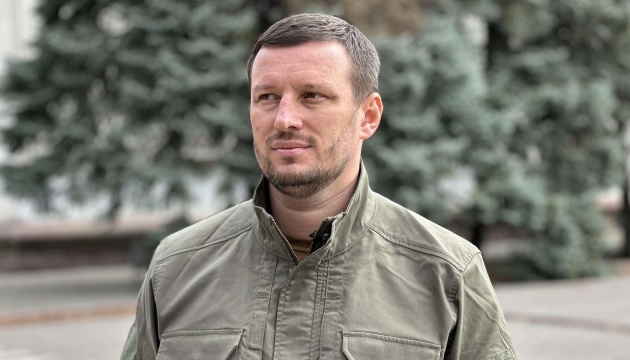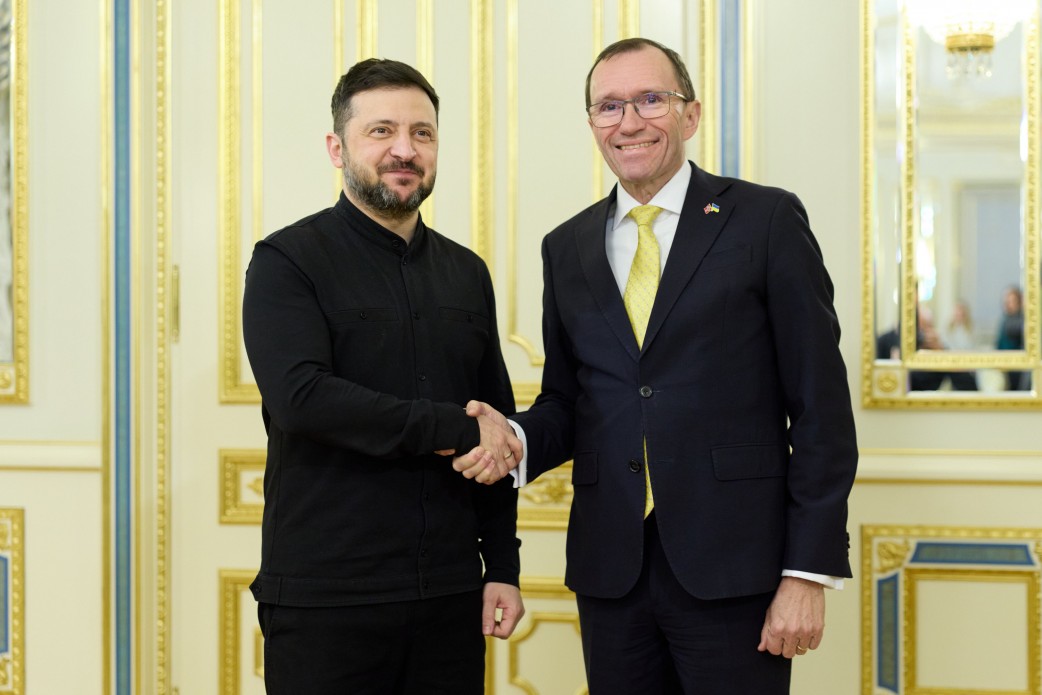Russian authorities continue to escalate legal pressure against migrants in the wake of the March 22 Crocus City Hall attack, prompting either deportations of migrants, or making them voluntarily leave Russia.
Russian human rights project First Department reported on March 29 that St. Petersburg authorities have launched “Operation Anti-Migrant" and are conducting a large-scale operation to identify and deport migrants who reportedly violated migration laws from Russia.
One of First Department’s lawyers stated that Russian law enforcement is conducting raids on hostels and apartments in St. Petersburg and that temporary detention centers in St. Petersburg are overcrowded with migrants. The lawyer stated that Russian authorities deported 64 foreign citizens on March 28 and estimated that Russian authorities deported enough migrants to fill two full planes that recently flew from St. Petersburg to an unspecified destination. Russian opposition news outlet Astra reported on March 30 that more than 400 St. Petersburg police officers and Rosgvardia personnel are participating in the operation and that St. Petersburg police have inspected the paperwork of almost 1,500 foreign citizens, issued several hundred administrative violations, and initiated 10 criminal cases during the operation so far.
St. Petersburg City Courts Joint Press Service Head Daria Lebedeva stated that St. Petersburg courts over the past week ruled to forcibly deport 418 migrants and ordered an additional 48 migrants (who had been living in the city) to pay a fine and voluntarily leave Russia for violating migration laws.
Kremlin newswire TASS reported that Russian Federal Security Service (FSB) officers detained three Central Asian migrants accused of preparing to conduct a terrorist attack at an unspecified mass gathering in Stavropol region.
Tajikistan’s Deputy Minister of Labor, Migration, and Employment Shakhnoza Nodiri stated that Tajikistan has observed an outflow of Tajik migrants from Russia following the Crocus attack and that many Tajik migrants are calling the Tajik government stating that they want to leave Russia out of fear and panic.
Nodiri stated that more people are entering Tajikistan than leaving, but that the government expects the outflow of Tajik migrants from Russia to be a temporary phenomenon.
Russian officials have thus far charged nine people for their supposed involvement in the Crocus attack, all of whom Russian authorities have identified as citizens of Tajikistan.
The BBC News Russian Service reported on March 27 that Russian authorities have significantly increased the number of criminal cases initiated for migration law violations since the Crocus attack, particularly against Tajik citizens.
Radio Free Europe/Radio Liberty (RFE/RL) reported that Russian citizens from ethnic minorities and migrants in Russia have grown increasingly concerned about ethnically motivated crimes and xenophobic rhetoric in the aftermath of the Crocus attack, and First Department similarly noted that anti-migrant and xenophobic sentiments have risen sharply in Russia following the attack.
The Russian ultranationalist community has intensified its calls for anti-migrant policies, and Russian officials recently proposed policies, such as limiting the entrance of migrants to Russia, introducing harsher punishments for crimes committed by migrants, and abolishing Russia’s visa-free regime with Central Asia countries.
Russian President Vladimir Putin expressed concern over heightened ethnic tensions in Russian society following the Crocus attack on March 28 and may have signaled to the Russian ultranationalist community that they should stop inflaming ethnic tensions.
Russian authorities may seek to detain a larger number of migrants to coerce them into signing military service contracts, given Russia’s previous reliance on migrants and prisoners in its crypto-mobilization campaign.
Anti-migrant policies could threaten Russia’s crypto-mobilization efforts and further worsen Russian labor shortages if Russia deports large numbers of migrants or if significant portions of Russia’s migrant communities emigrate, but Russian authorities are unlikely to be willing to give into Russian ultranationalists’ xenophobic demands at the expense of Russia’s war effort.



















